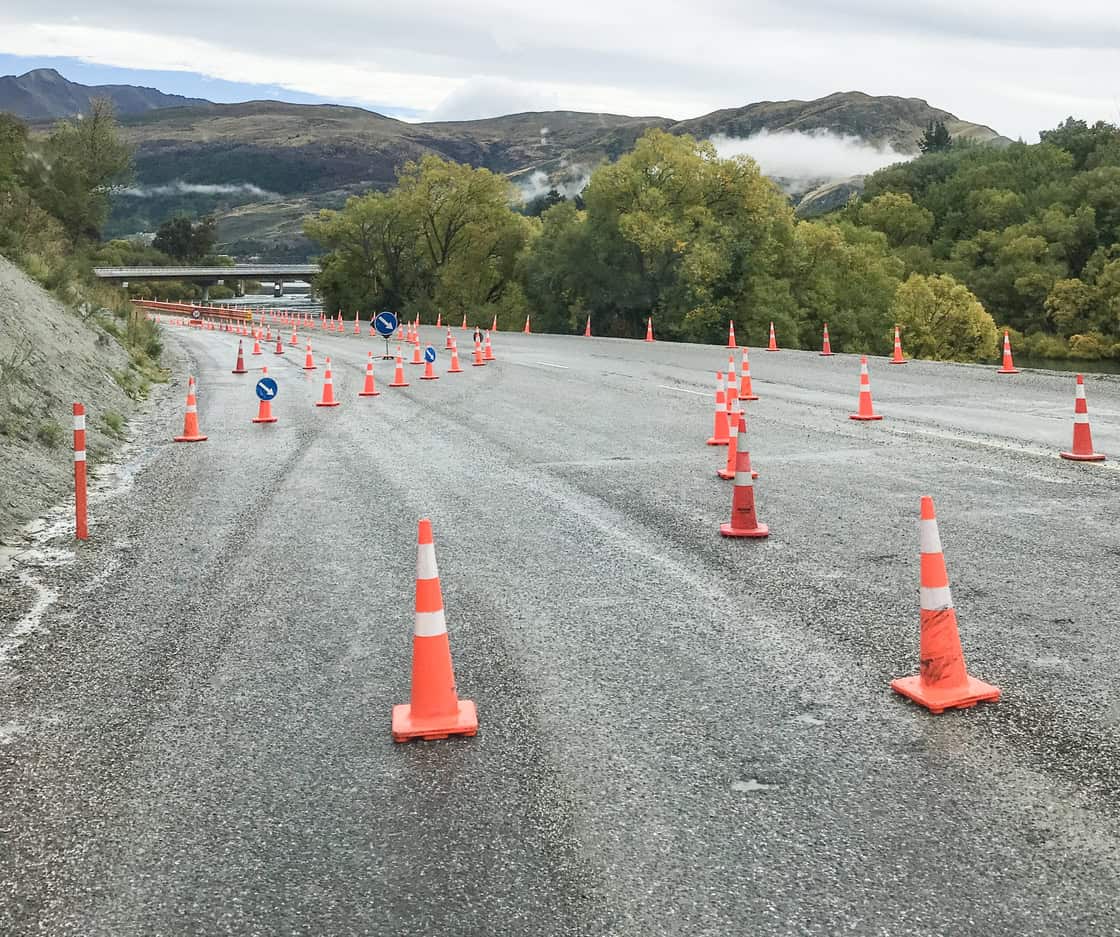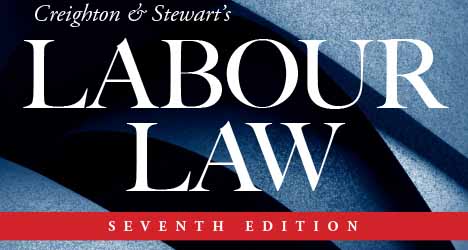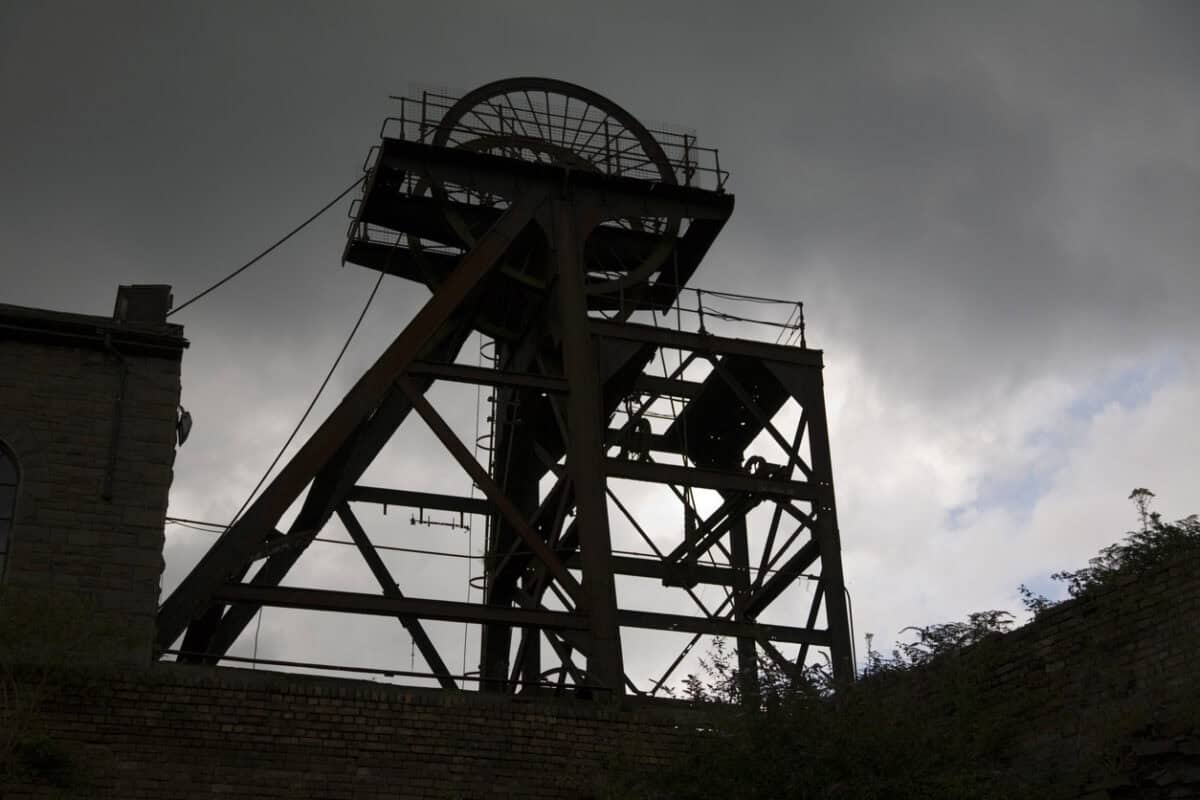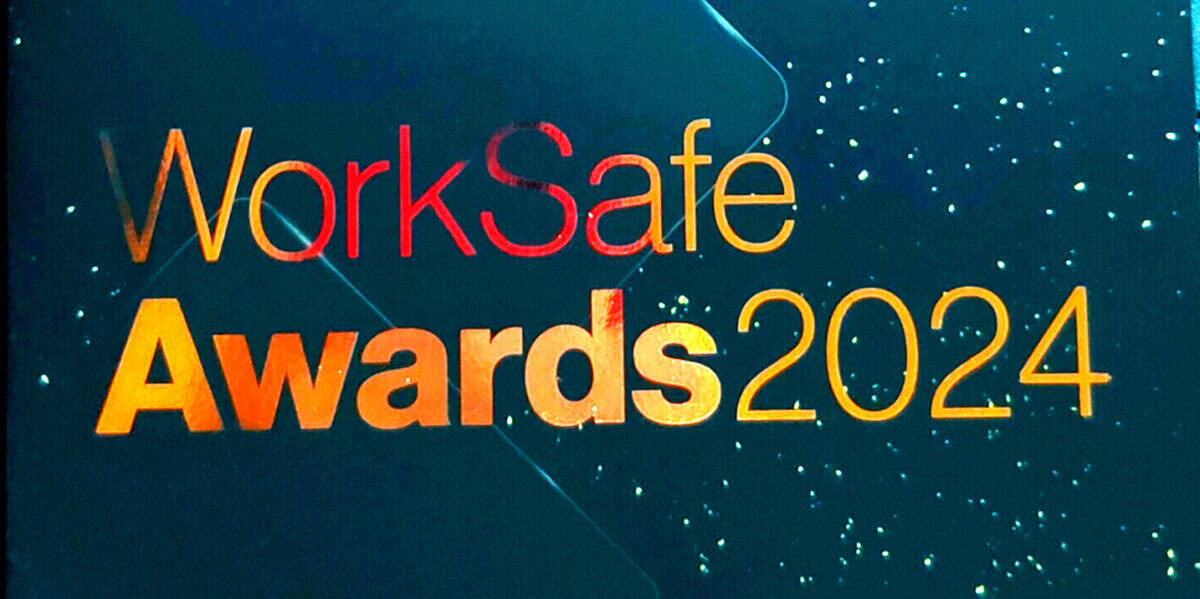The latest government in New Zealand has some wild ideas and policies. Surprisingly, some involve reforming occupational health and safety (OHS) laws. Reform is usually positive as it progresses laws and fixes errors, oversights, or shortcomings, but this NZ activity is different. To start, it is necessary to look at the policies and some of the media statements from the current Prime Minister and Minister for Workplace Relations and Safety.
Category: Leadership
Whether it’s a book or a brick, it is invaluable
The latest edition of Creighton & Stewart’s Labour Law book (7th edition) has been released. I say “book”, but it is almost a brick, weighing in on my scales at 1.8 kilograms (see photo below). The book is excellent and probably authoritative, with the primary negative being its size and format. This article focuses on the 79-page occupational health and safety (OHS) chapter written by Richard Johnstone.
Narelle Beer’s OHS article should be the start of a deeper analysis
Recently former WorkSafe Victoria executive, Dr Narelle Beer, penned an article in LinkedIn called “Going to work should not kill you!” The article is a good introduction to occupational health and safety (OHS) but some important points are overlooked or unexplored.
All safety is political. It always has been
My great uncle dug into coal mine tailings with his bare hands to try and rescue the school children and teachers buried during the Aberfan disaster. His own grandchildren died. Both of my grandfathers suffered from lives spent underground; they both died young, one from lung cancer and silicosis.
For me, all safety is political. It always has been. It’s not party-political – but it can be. It’s political in the sense that all decisions in every aspect of our lives are a function of power and authority.
The 2024 WorkSafe Victoria Awards night
At the end of February 2025, WorkSafe Victoria held its annual awards night. The event met all of its requirements on the night—recognizing excellence and rewarding it—but it should also be a launching pad for innovation in occupational health and safety (OHS) and a media event in the broadest sense.
Politics on display at safety awards night
WorkSafe Vcitoria’s annual awards night for 2024 was held last week. It was an unexceptional night, with around 400 in the audience, most of whom were award finalists and their colleagues. Although unexceptional, it was not dull, as the finalists’ stories were often compelling. However, the event needs a boost. Perhaps not to the flamboyance of earlier this century with over 1000 attendees and dancing into the night, as that would not be a good political look, but it needs something.
What was not notable was the politics of the evening.
Psychosocial and psychological wisdom
LinkedIn is becoming similar to Facebook in some ways, but it still provides excellent interpretations of occupational health and safety (OHS) laws and important social perspectives. Below are two such posts, reproduced with permission from the authors Richard Coleman and David Burroughs. (I have asked Richard to write some articles exclusively for SafetyAtWorkBlog)







